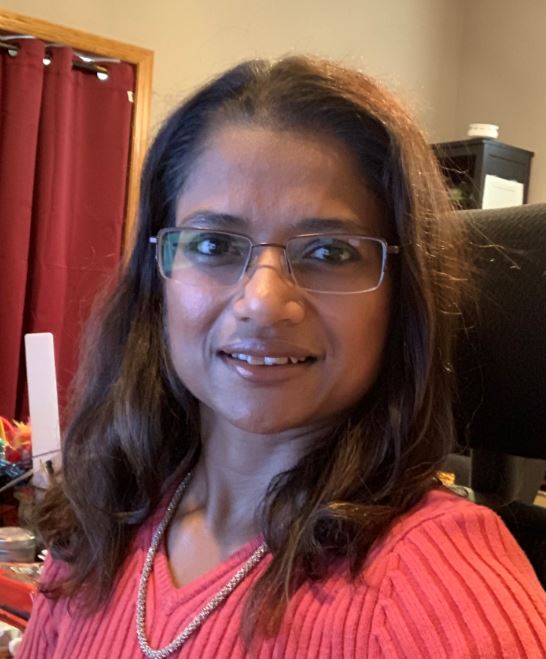
Bonita Sharif, associate professor of computer science and engineering at Nebraska, is using eye-tracking technology to analyze how software programmers work in order to develop tools that help them write code better and faster. She has earned a $432,000 Faculty Early Career Development Program award from the National Science Foundation to fund the research and related student workshops.
You can read more about her work here: https://news.unl.edu/newsrooms/today/article/sharif-eyes-how-to-help-software-developers-write-better-code/
Abstract:
Code reading is an important skill in programming. Inspired by the linearity that people exhibit while natural language text reading, we designed local and global gaze-based measures to characterize linearity (left-to-right and top-to-bottom) in reading source code. Unlike natural language text, source code is executable and requires a specific reading approach. To validate these measures, we compared the eye movements of novice and expert programmers who were asked to read and comprehend short snippets of natural language text and Java programs. Our results show that novices read source code less linearly than natural language text. Moreover, experts read code less linearly than novices. These findings indicate that there are specific differences between reading natural language and source code, and suggest that non-linear reading skills increase with expertise. We discuss the implications for practitioners and educators.
Date: Thursday Feb 4th
Time: 2:00-3:00 pm
Place: https://unl.zoom.us/j/212107342